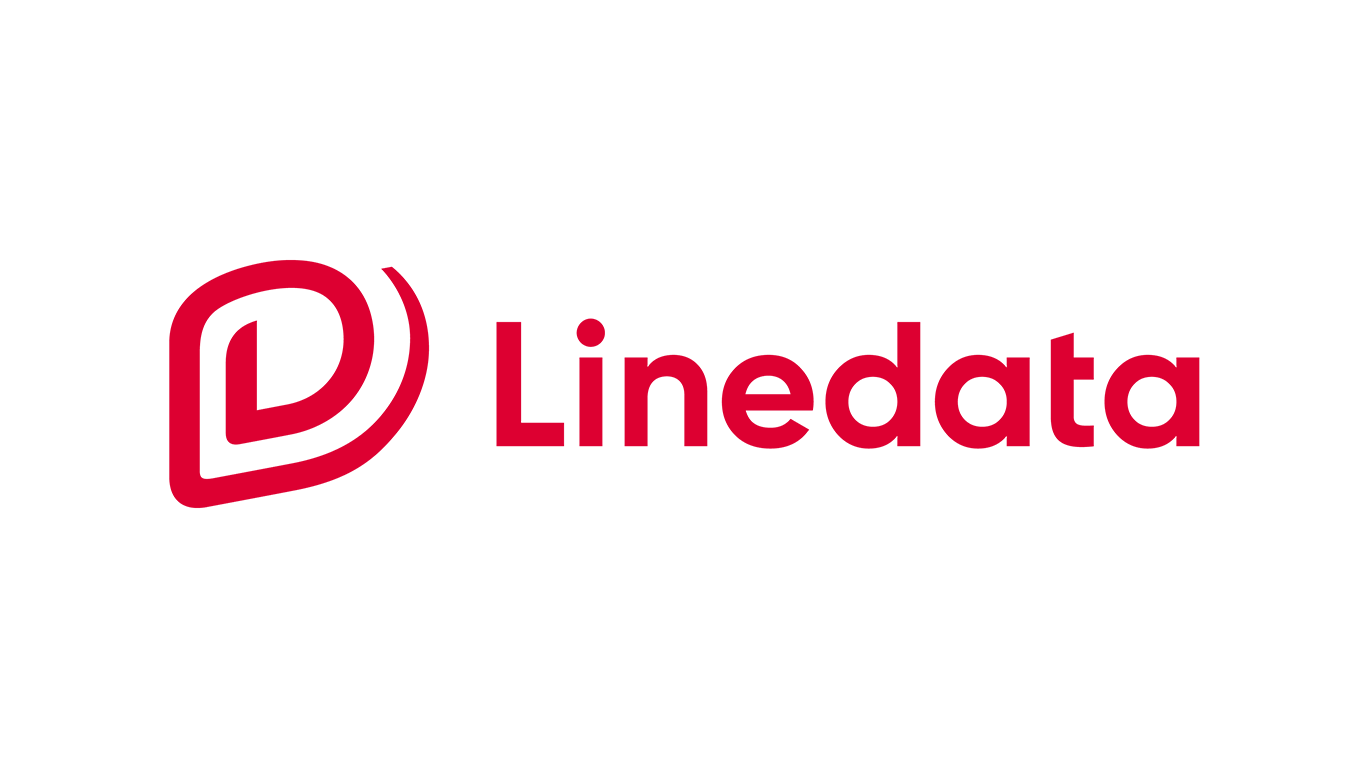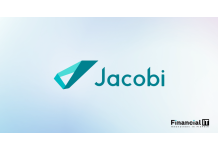Nova Credit Redefines Income and Asset Verification in...
- 19.11.2025 07:55 am
Ripple's Custody Momentum Continues: Acquires...
- 04.11.2025 08:45 am
Bridge Alternative Investment Solutions Selects Allvue...
- 31.10.2025 11:55 am
IBM Announces New Platform for Financial Institutions...
- 28.10.2025 11:15 am
FCA Supports Tokenisation to Boost Efficiency and...
- 27.10.2025 09:55 am
Tokenization Moving From Hype to Reality Across...
- 27.10.2025 09:35 am
U.S. Bank Establishes New Digital Assets and Money...
- 16.10.2025 09:15 am
Leading Crypto Firm, 21Shares, And New Wealth...
- 03.10.2025 09:55 am
HSBC: Treasurers Expect Tokenisation To Grow Fivefold...
- 30.09.2025 10:15 am
BVI Finance To Engage Asia’s Digital Asset Leaders At...
- 23.09.2025 03:55 pm
Jacobi Partners with Charles River to Empower Scalable...
- 23.09.2025 11:45 am
ARK Invest Surpasses $1 Billion in AUM Across Its...
- 23.09.2025 09:45 am






















